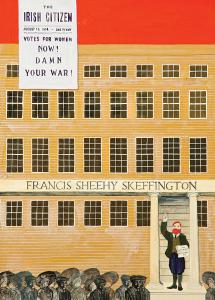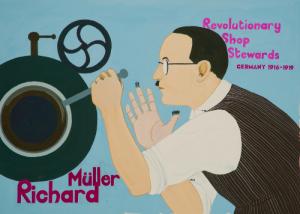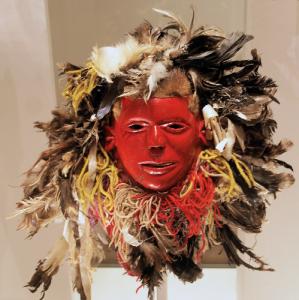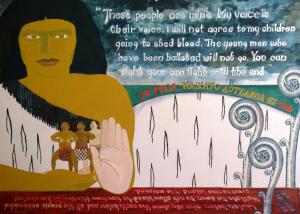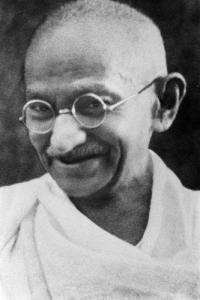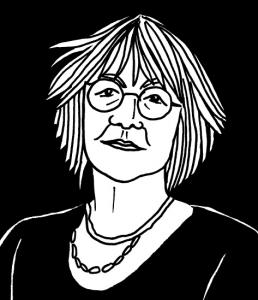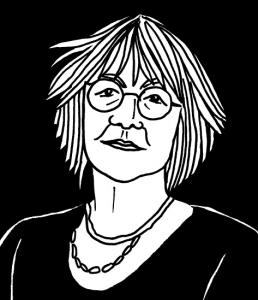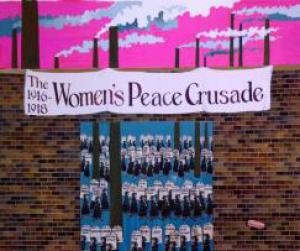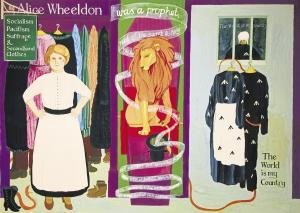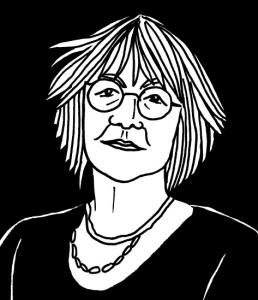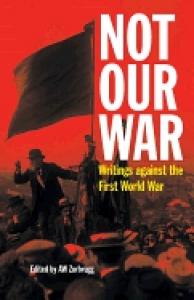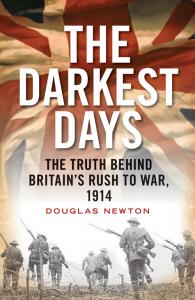A passionate feminist, the Irish pacifist Francis Sheehy-Skeffington viewed war and anti-feminism as ‘branches of the same tree – disregard of true life-values’. It is therefore unsurprising that, less than a fortnight after Britain’s declaration of war in 1914, the paper he…
First World War
First World War
First World War
Emily Johns (Peace News co-editor) and Gabriel Carlyle (PN promotions worker) are ready to tour the UK, speaking about PN’s mammoth project ‘The World is My Country: A Visual Celebration of the People and Movements that Opposed the First World War’.
A year in the making, the 10 posters feature stories from a history of police raids and buried documents, feminist peace initiatives and clandestine printing presses, Maori princesses and striking German munitions workers.
…
‘Arming All Sides’ is an excellent new online First World War resource initiated by Campaign Against Arms Trade.
The website questions what role the arms trade played before, during and after the war, what opposition was mounted to the trade, and how the war affected what people thought about making and selling armaments. armingallsides.on-the-record.org.uk
Late 20th century nyau face mask. PHOTO © Hans Hillewaert
They must have been very pleased when they finally caught him. Desperate to find him, the British had placed his friends and family under surveilliance and – after six weeks of unsuccessful hunting – had even offered a substantial reward for his capture.
Like many other Muslims in the north of Nigeria, he was opposed to fighting in the First World War for fear that he might be deployed against his fellow Muslims in…
Te Puea Herangi, the Maori princess who led the Waikaito tribal confederation’s successful campaign of nonviolent resistance to conscription during the First World War, articulated one of their reasons for not fighting as follows: ‘They tell us to fight for king and country. Well, that’s all right. We’ve got a king.…
Evidence of opposition to the war in the West Indies can be traced in the various countries’ newspapers (which were invariably hostile to such activity).
In British Honduras, calls for men to enlist resulted in an unprecedented exodus of young men from the district of San Estevan in early 1916. Some fled across the border to Mexico, while others, who had heard that the governor was coming to their area on a recruiting drive, disappeared into the bush claiming that they had…
Given his canonisation by mainstream culture as the icon of peace and nonviolence, one might have imagined that Gandhi would have led a strong campaign of resistance to the war. Unfortunately, nothing could be further from the case.
In April 1918, Gandhi gave his unconditional assent to British plans to raise half a million more Indian troops. Attempting to recruit 12,000 men from the Kheda district of Gujarat, Gandhi did not shy away from employing moral coercion, telling them…
Housed in the Quaker Library in London’s Euston Road, is a remarkable document. Measuring about five inches square, created from sheets of lavatory paper and bound in hessian taken from a mailbag, it consists of 100 pages of articles, jokes, poems, and even a spoof children’s page. Dated 18 December 1918, it is an edition of the Winchester Whisperer, one of the many tiny newspapers produced by imprisoned conscientious objectors, right under the noses of their prison warders.
…
About 8,000 conscientious objectors were forced into the British army during the First World War, either into the non-combatant corps (NCC) or into combatant regiments. Most adopted a strategy of nonviolent resistance, refusing to put on uniforms, drill or obey any military orders. The army’s reaction varied: some commanding officers tried to reason with objectors; others reacted with verbal and physical abuse, using any means, however brutal, to try and force objectors to become soldiers.…
A memorial to Welsh soldiers killed in Flanders will be unveiled there in August.
MEP Jill Evans has congratulated the ‘Welsh memorial in Flanders’ campaign for raising awareness of the tens of thousands of Welsh soldiers who were killed in action in Flanders, including the poet Hedd Wyn.
Jill Evans, who is working closely with the Flemish Peace Institute to establish a similar Institute in Wales, said: ‘As we reach the centenary of the start of World War One, it is…
‘How does one feel when trying, in public, to convince people, who are trying to misconstrue anything one says, that because of one’s religious convictions — no matter what the consequences — no war service is possible?’ asked printer and conscientious objector (CO) Fred Murfin.
It was a fair question. Whether religious or not, First World War COs knew they were sincere. But self-knowledge was not enough: under the terms of the Military Service Act (1916), they were required to attend…
In the UK, the centenary of the First World War has already prompted a deluge of books, events and media coverage. The BBC alone has announced 2,500 hours of programmes, which – like 99% of the mainstream response – will doubtless run the A to B of the mainstream political spectrum.
True, Thatcherite historian and apologist for imperialisms past and present, Niall Ferguson, was granted 90 mins on BBC2 to argue that Britain should have stayed out of the war, at least at the outset. In…
A hundred years later, British historians of the ‘dire necessity’ school still assert that Britain’s Great War should be remembered simply as a harsh reality that had to be faced. They insist that nothing other than a righteous war against German militarism was conceivable in 1914. They plead for the old sugary verities to be reasserted – that Britain was in the right, that Germany was in the wrong, that the cause was just, and that it was a stand-tall moment –…


